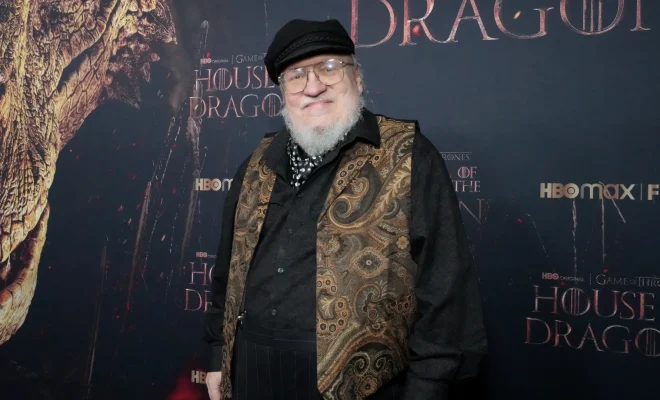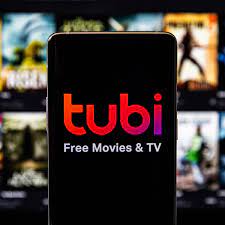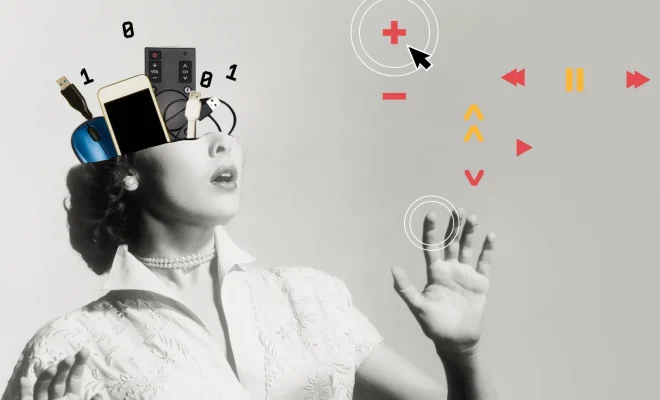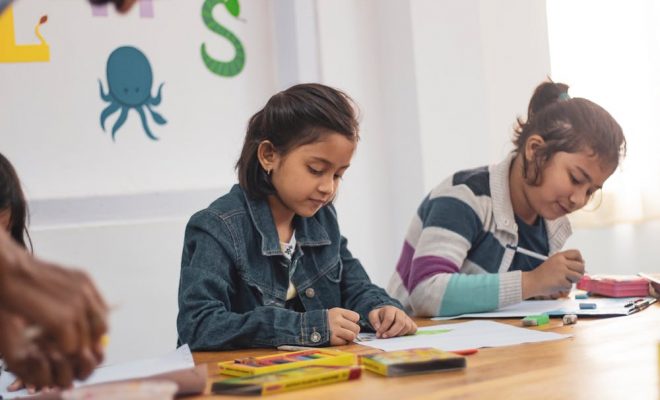George R.R. Martin and Other Authors Sue ChatGPT-Maker OpenAI

Renowned fantasy author George R.R. Martin, most famous for his A Song of Ice and Fire series, which inspired the hit television show Game of Thrones, has joined forces with a coalition of authors to initiate legal action against OpenAI, the creator of the language processing AI model known as ChatGPT.
The legal team representing Martin and other authors argues that OpenAI’s ChatGPT infringes upon the writers’ creative rights and intellectual property. They claim that by using their writing styles and elements from their books to train the AI, OpenAI is effectively capitalizing on their literary inventions without compensation or consent. The lawsuit aims to ensure protection for authorial expression in the age of advancing AI technologies.
This confrontation raises significant questions about copyright law, fair use, and the extent to which AI can learn from existing human-made content. The issues at hand delve into uncharted legal territory. Proponents say that current copyright laws do not directly address the complex nuances of AI-generated content which often pulls from large datasets encompassing various authors’ works.
OpenAI, on its part, maintains that their technology is designed to abide by fair use doctrine and that they cautiously curate training materials to avoid any direct infringement. They argue that there’s a clear difference between sourcing inspiration from a collection of texts in a manner similar to how a human might learn to write and plagiarizing distinct works.
The legal challenge highlights a growing concern among creatives over their livelihoods with the advent of increasingly sophisticated AI that can mimic human artistic outputs. Authors behind the suit stress that while they support innovation, it should not come at the cost of an artist’s ability to control and benefit from their own creations.
As this lawsuit moves forward, it promises to become a landmark case with significant implications for both artificial intelligence development and creators’ rights. The outcome may well set precedents guiding how we regard man-made versus machine-generated content in not just literary circles but across all mediums of creative expression.






